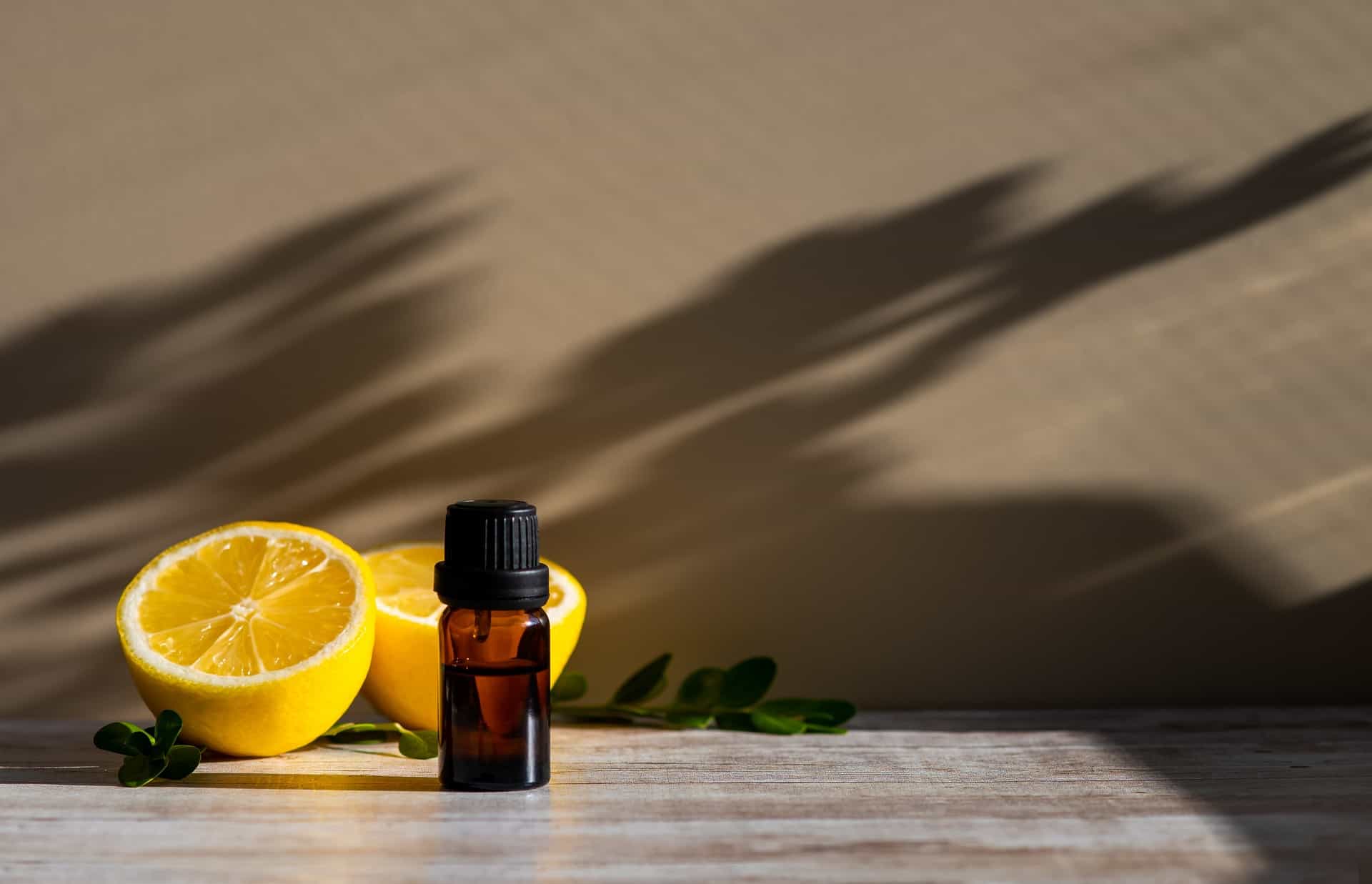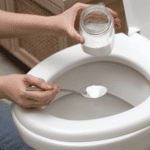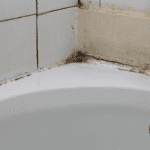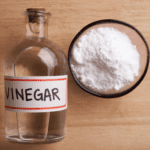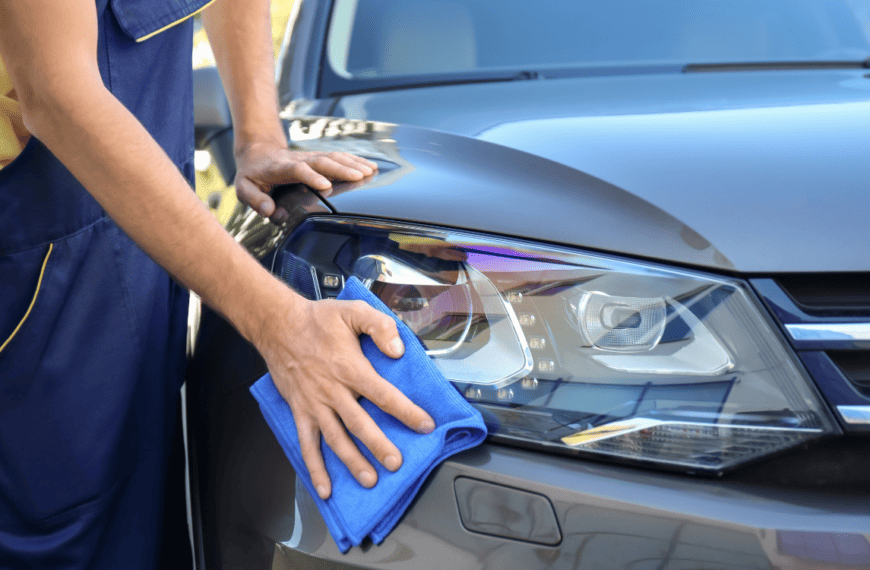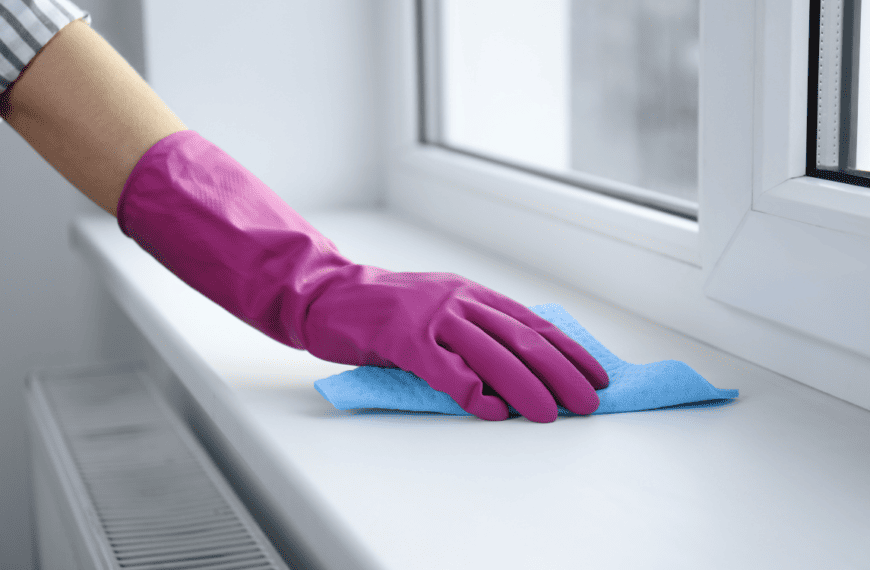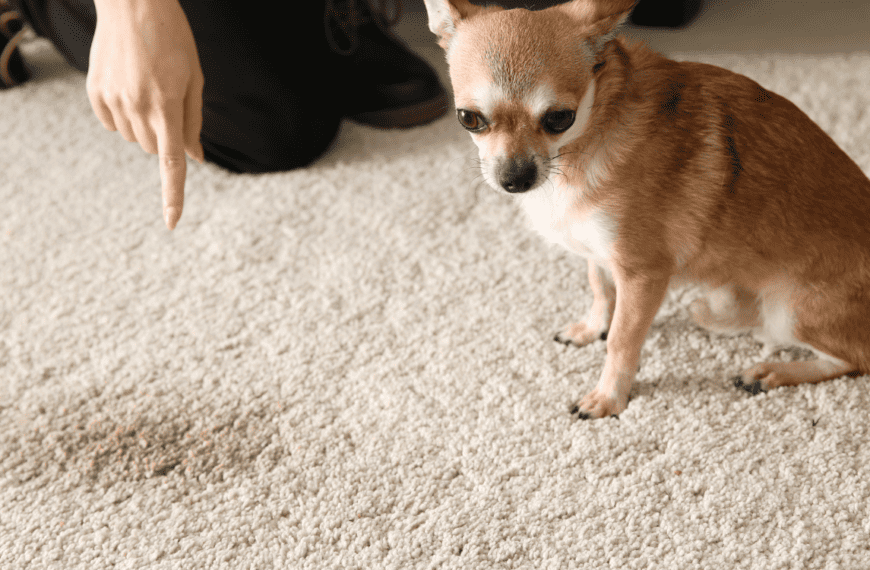From safely removing limescale and rust to deodorizing sinks and carpets, there are countless ways to clean with vinegar around the house. In fact, the only thing vinegar can’t seem to do is smell good.
Blame the stink on acetic acid, the all-important component that makes vinegar a powerful cleaner. It’s indiscriminately aggressive, as quick to attack our nostrils as it is to eliminate dirt and grime.
And while better-smelling cooking varieties exist, distilled white vinegar and cleaning vinegar are easily the most practical solutions for making your home sparkle.
If you can’t get rid of it, work with it. There are plenty of simple solutions to mask the temporary scent of white vinegar, and many of them are likely sitting in your kitchen cabinet right now.
From bright herbs and spices to soothing lavender and peppermint aromas, we’ll show you the many options you have to turn cleaning with vinegar into a sensory delight!
1. Use Less Vinegar in Your Cleaner
While it’s likely obvious to you that using less vinegar in your cleaning solution will tend to soften the vinegar aroma, not many people realize that they can make effective cleaners with combinations of vinegar and other household ingredients to improve the smell.
There are a few useful tools that most people have on hand to help you use less vinegar without sacrificing cleaning power, primarily dish soap and rubbing alcohol.
Dish liquid is a perfect additive to limit the vinegar smell. Mix a milder solution than the standard 1:1 vinegar and water spray, and add a few drops of dish soap. Shake the bottle gently to mix the ingredients.
Rubbing alcohol makes another highly effective cleaning ingredient, and it can often take center stage in a vinegar cleaning solution. It doesn’t smell great either, but the scent doesn’t hang around as long as the vinegar aroma since the alcohol dries so fast. When you use it with vinegar, it makes an excellent cleaner for windows and tons of other surfaces.
2. Make Scented Vinegar with Essential Oils
Essential oils add concentrated hits of fresh aromas to help you overcome the smell of vinegar. When chosen wisely, they can do so much more to help the cleaning process than simply get rid of the odor.
Of the hundreds of essential oils available, a handful have fairly impressive antimicrobial characteristics, showing effectiveness against various molds, flu strains, and foodborne illnesses such as E. coli and salmonella. Some of the best ones to add to your vinegar cleaning solution include:
- Lavender
- Cinnamon
- Eucalyptus
- Tea tree
- Peppermint
- Rosemary
- Sage
- Clove
- Citrus
Choose your favorite essential oil, or mix several to make assorted soothing scents. Avoid those that may leave brown or yellow stains, such as patchouli, myrrh, or jasmine. Pure varieties will rarely cause issues, but it’s safer to test them before mixing your cleaner.
How to Make a Vinegar Spray with Essential Oils
- Mix distilled white vinegar and water in a 1:1 ratio in a spray bottle (use distilled water for window and glass cleaners)
- Add 10–20 drops of essential oils to your cleaning solution and shake the bottle well.
- Spritz the cleaner on a test surface to check the smell and coloration
- Add more drops of essential oil as desired
- Label and store the bottle away from children to prevent accidental poisoning
Essential oils won’t mask the smell of vinegar entirely, but they can make it much more tolerable. With the extra cleaning power and environmentally friendly ingredients, there’s no reason to leave them out if you have them on hand.
3.Include Infusions of Citrus and Herbs
Citrus peels and seasonings offer fresh assortments of delightful scents to mask the vinegar smell of your homemade cleaning solution.
As with essential oils, there are tons of citrus aromas you can mix in, such as orange, lemon, and grapefruit, and an even broader array of fresh herbs and spices to add a unique scent, including:
- Mint
- Cloves
- Lavender
- Thyme
- Bay leaves
- Rosemary
- Oregano
Creating a DIY scented vinegar adds a whole new side to the joy of cleaning with vinegar. Try lemon peel and mint, orange peel and cinnamon, or any other combination you can imagine. But again, be cautious as to what you include, as some ingredients may leave stains.
You’ll need to let your solution rest for at least 4–5 days for it to take on the desired aroma. It may even need to wait longer, especially if you’re using a more powerful type of cleaning vinegar. But in the end, you should be pleasantly surprised by the cleaner’s delightful scent and grunge-lifting power.
How to Make Vinegar Sprays with Citrus Peels and Herbs
- Boil an empty mason jar in a pot of water for 10 minutes to sterilize it
- While the mason jar cools, peel a combination of oranges, lemons, or any other favorite citrus fruit
- Fill the jar at least ¾ of the way with citrus peels
- Add your favorite herbs to the jar, crushing them slightly to release more of their smell
- Fill the jar with plain white vinegar or a mild cleaning vinegar and cap it
- Place the jar in a cool, dark place for 1–2 weeks, letting it sit longer to overcome more of the vinegar smells
- Sterilize another glass storage jar or collect several clean spray bottles
- Strain the vinegar through a funnel into the new bottles to remove the peels, herbs, spices, and other aromatic infusions
4. Add Lemon Juice
For a super quick solution to the smell, squirt some lemon juice into your vinegar spray bottle. The citric acid offers unique cleaning power to work alongside vinegar, and you’ll enjoy a more pleasant aroma.
Cleaning Tips for Dealing With the Vinegar Smell
Adding a bunch of extra ingredients to your tried-and-true DIY spray isn’t only the way to get rid of the vinegar smell. Try these quick ways to eliminate or mask the smell of vinegar to save your nostrils during an intense cleaning session:
- Keep windows and doors open to let fresh air circulate
- Light scented candles or incense while you clean
- Place a bowl of baking soda near the vinegar smell to eliminate the odor
- Turn on a ceiling fan, box fan, or air purifier to move odors out
- Boil orange or lemon peels after cleaning with vinegar to release a citrus aroma
White distilled vinegar evaporates relatively fast, so you won’t have to bear the smell long. But in heavy-duty cleaning situations, such as a mildewy bathroom, it’ll be crucial to keep the air circulating and the pungent smell from irritating you.
What Neutralizes a Vinegar Smell?
Essential oils, candles, and diffusers can help mask the smell of vinegar. But if they wear out before the vinegar smell, you’ll end up with the acrid odor of acetic acid again before long.
To neutralize rather than mask it, you don’t have to look further than vinegar’s partner in grime — baking soda.
Vinegar and baking soda are two of the most versatile DIY cleaners, offering deodorizing and dirt-lifting capabilities in every room of the house, while also filling in essential cleaning gaps left by the other. And when it comes to the vinegar smell, baking soda arrives to give your nostrils some relief.
You can keep a bowl of baking soda near the area you cleaned with vinegar. Or, you can follow your vinegar spray with a baking soda wash.
Mix a small amount of baking soda with water in a spray bottle and spritz the spot with lingering vinegar. Wipe it down with a clean cloth, and the scent should fade. Alternatively, make a thicker baking soda paste to wipe down the area for a little extra scrubbing power.
Can You Get Odorless Vinegar?
Since acetic acid is the source of the vinegar smell, it would be challenging to take out the smell without ruining the cleaning effectiveness.
Instead of trying to make it odorless, brands like Harris and Four Monks use natural scents to make potent cleaning vinegar minus the smell. You’ll save money with DIY solutions that are essentially the same, but these ready-made cleaning products can save you valuable time.
Skip the Headache, Book a Professional
Cleaning with vinegar is one of the safest and most cost-effective ways to keep your home looking its absolute best. We’re willing to forgive a less-than-pleasant scent, and with these tips on cleaning with vinegar without the smell, you won’t have to make any compromises.
Of course, the smell of vinegar isn’t the only side of cleaning that can get overwhelming. If you’re short on time and can’t seem to get ahead with cleaning and tidying, take a few seconds to schedule a custom cleaning with Anita’s.
Our service connects you with trusted local professionals to fit your specific cleaning needs, giving you complete control to manage your service on an easy-to-use platform. Request a booking today, so you can get a well-deserved break from the many frustrations of housework.

